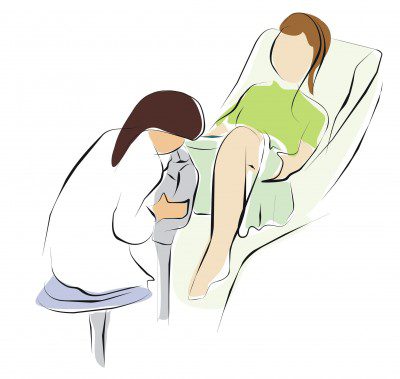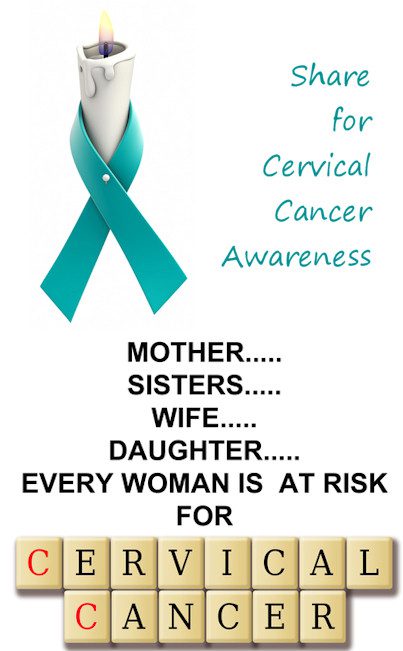Five Ways to Help Prevent Cervical Cancer
All women are at risk for cervical cancer. At one time, cervical cancer was one of the leading causes of death for women in the United States. However, with modern screening techniques, these statistics have declined dramatically. The most recent estimates reported by the American Cancer Society indicate that over 12,000 new cases of cervical cancer are diagnosed in women every year. And approximately 4,000 of these women will die from the disease.
Cervical cancer typically occurs in midlife – the median age for diagnosis is 48, according to the National Cancer Institute. Researchers have also reported that in the United States, Hispanic women have the greatest risk for cervical cancer; although, these risks can be greatly mitigated through proper screening.
What is Cervical Cancer?

The human body is composed of trillions of living cells. Cancer begins when these cells multiply and start to grow out of control. When cancerous cells develop in the cervix, it is know as cervical cancer. The cervix is the lower part of the uterus and connects the vagina to the upper part of the uterus. Symptoms of cervical cancer may include:
- Vaginal bleeding
- Discharge
- Pain after sexual intercourse.
- Bleeding after sexual intercourse
In advanced stages of cervical cancer, symptoms may also include:
- Leakage of urine or stool into the vagina
- Ongoing pelvic and back pain
- Weight loss
- Anemia
Prevention
As mentioned above, cervical cancer prevention has come a long way in recent years. The key to early detection begins identifying and treating pre-cancerous changes in he body before they become cancerous. In addition, women must educate themselves about certain avoidable risk factors for cervical cancer.
Pap Test Screening

The National Cancer Institute has advised that the widespread use of cervical screening has lowered the cervical cancer death rate by an astounding 70%. The Pap test is one of the most reliable exams available. This test is used to detect precancerous lesions in the cervix. The American Cancer society recommends that women should have their first Pap test at age 21 and the test should be administered every three years.
HPV Screening
The human papillomavirus (HPV) is the leading cause of cervical cancer in women. This virus infects cells on the surface of the skin and is passed from skin-to-skin contact. Infection is most commonly passed through intercourse; therefore, women with many sexual partners are at the greatest risk for developing HPV. Along with Pap exams, HPV tests are also available for women as a useful screening method. These tests are designed to detect the presence of HPV in women.
HPV Vaccination
HPV vaccinations can protect women from HPV infections. There are currently two types of vaccines available – Gardasil and Cervarix. According to studies published in the International Journal of Gynecological Cancer, these vaccines can prevent the growth of cancerous changes in the cervix by 93%. It is recommended that females should be vaccinated at age 11 to 12. Some physicians advise HPV vaccination to patients beginning at 9 years of age.
Smoking
Smoking is a risk factor for many diseases, to include cervical cancer. According to the American Cancer Society, smoking increases the risk of cervical cancer in women by as much as 50%. Tobacco damages the DNA in the cervix and also weakens the immune system, rendering it less effective in fighting HPV infections.
Diet
Certain foods have been shown to reduce a woman’s chance of contracting cervical cancer. For example, vegetables, fruits and whole grains contain important cancer-fighting vitamins. These vitamins, such as: vitamin A, vitamin C, vitamin E, vitamin B12 and beta carotene have been tested in several studies. The results of these studies showed favorable outcomes toward lowering a woman’s risk for cervical cancer.

About the Author
Cancer is a awful disease that no one ever wants to hear about, let alone be diagnosed with it. Your author Gem Wilson recommends that the best way to prevent this illness is to enjoy a healthy lifestyle.



